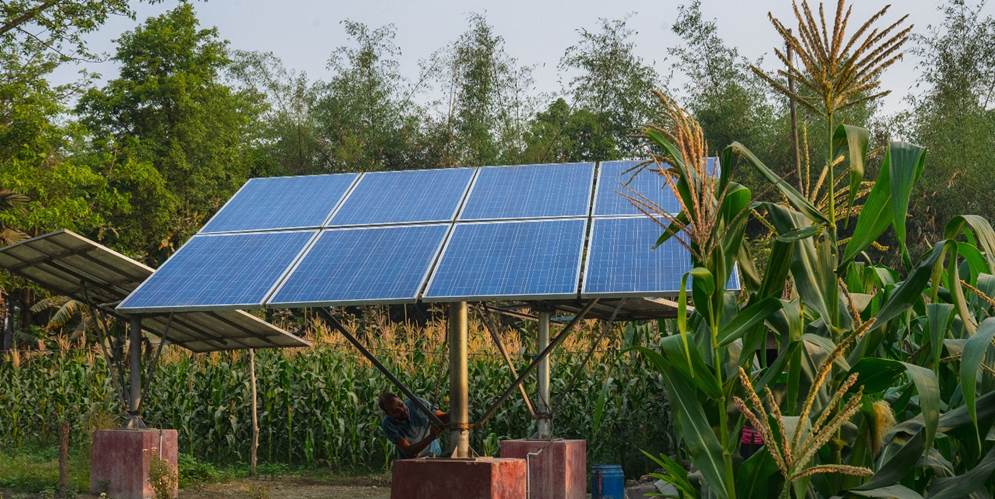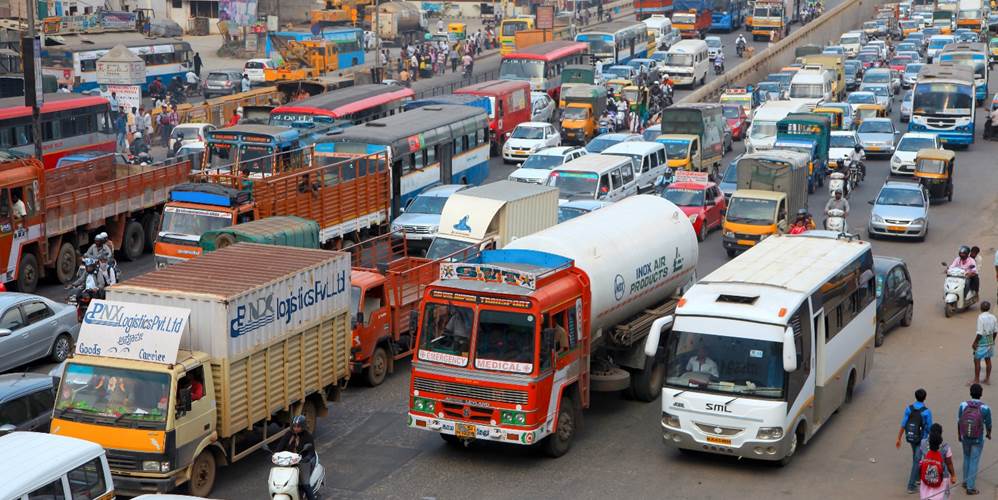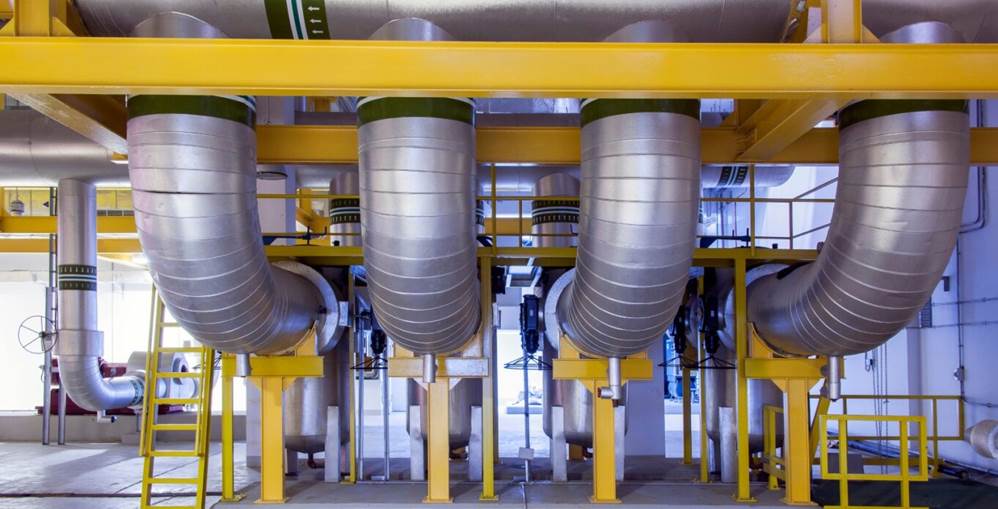Mitigation of Climate Change
IKI provides support to partner countries for developing and implementing innovative instruments for mitigating their greenhouse gas emissions. The ultimate goal is to transform economic and supply structures so that they are sustainable and carbon-neutral. At the level of political governance, nationally determined contributions (NDCs) and long-term strategies (LTS) are essential tools. The IKI also supports the development of systems for measurement, reporting and verification (MRV) of greenhouse gas emissions and mitigation activities. A large number of projects also pursue the goal of mobilising public and private capital for climate change mitigation. The mitigation funding area addresses policy consulting, capacity building and training measures, as well as cooperation on technologies.
Know MoreProjects

2050 is now: Aligning climate action with long-term climate and development goals On-going
Author Name: Ulka Kelkar01 Jun 2023 to 31 May 2027
The partner countries would like to enhance their long-term climate policy. The implementation phase of the project shall improve governments’ readiness to implement actions in line with the long-te...
Read More →
Climate Partnership Programme III Completed
Author Name: Yvonne Veth01 Jun 2017 to 30 Sep 2022
Private investment and climate-friendly technologies are crucial for building a climate-friendly economy in emerging and developing countries. Therefore, the Climate Partnership Programme mobilises th...
Read More →
Climate Protection in the Industrial Sector through Solar Process Heat – SOLARPAYBACK Completed
Author Name: Johannes Michel01 Oct 2016 to 30 Jun 2021
Solar thermal systems provide process heat for industrial processes, possessing the potential to reduce the carbon footprint of textile, food, beverage, and chemical industries. The project aims at in...
Read More →
Climate Smart Cities Completed
Author Name: Ernst Doering01 Jun 2018 to 30 Nov 2022
Dynamic urbanisation, rapid population growth, and changing consumer and mobility behaviour are posing challenges to India’s urban infrastructure. As key sources of greenhouse gas emissions, cities ...
Read More →
Climate Transparency - National Engagement in seven G20 Emerging Economies Completed
Author Name: Gerd Leipold01 Mar 2018 to 31 May 2023
The project combines the most critical climate assessments and the expertise of various institutions from G20 countries. Working together, experts use independent, comparable and comprehensive data to...
Read More →

Decarbonising Transport in Emerging Economies On-going
Author Name:01 Apr 2019 to 30 Sep 2024
The transport sector is accounts for a significant share of greenhouse gas emissions in emerging economies. Reducing GHG emissions in this sector will contribute significantly to reach the respective ...
Read More →
Development and Management of Nationally Appropriate Mitigation Actions (NAMAs) Completed
Author Name: Mohammed El-Khawad01 Sep 2013 to 31 Aug 2020
The project supported the Ministry of Environment, Forest and Climate Change (MoEFCC) of India in the development of two concepts for NAMAs incl. the corresponding MRV systems. Both sectors (waste and...
Read More →
EcoLogistics: Low carbon freight for sustainable cities Completed
Author Name: Sunandan Tiwari01 Nov 2017 to 31 Dec 2022
Urban transport of goods and commodities is a significant source of greenhouse gases in Argentina, Colombia and India. Nevertheless, many cities hardly address this in their mitigation measures. The p...
Read More →

Energy Efficient Cooling On-going
Author Name: Nitin Jain01 Jul 2019 to 31 Dec 2025
The building cooling sector in India mainly uses decentralised individual systems that have high levels of energy consumption and use climate-damaging refrigerants. The government, working together wi...
Read More →
Energy Storage for Renewable Energy Integration in India Completed
Author Name: IKI01 Sep 2022 to 31 May 2023
The successful implementation of the project will support India in achieving its goal to integrate 500 GW installed capacity from non-fossil fuel sources by 2030. In this light, the outcome of StoREin...
Read More →
Copyright © 2024 All rights reserved